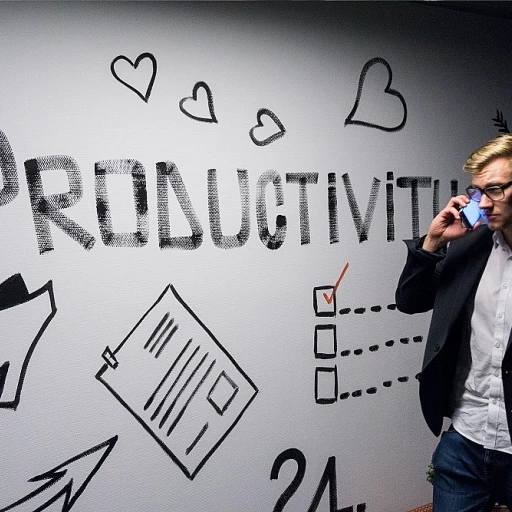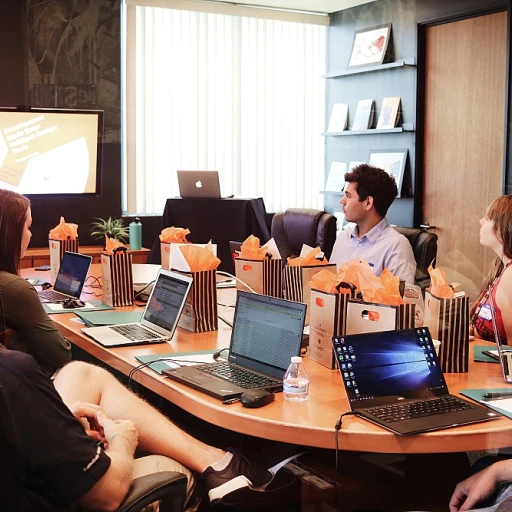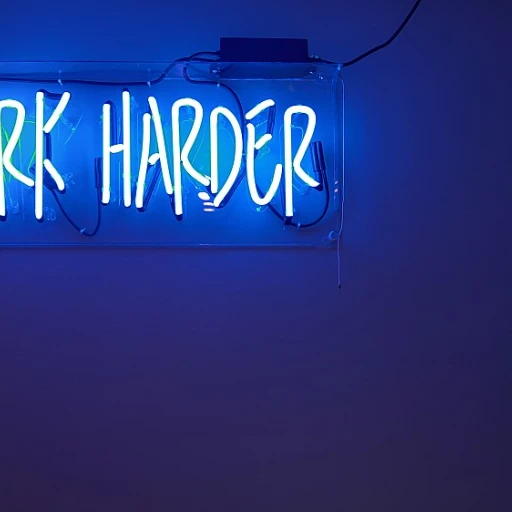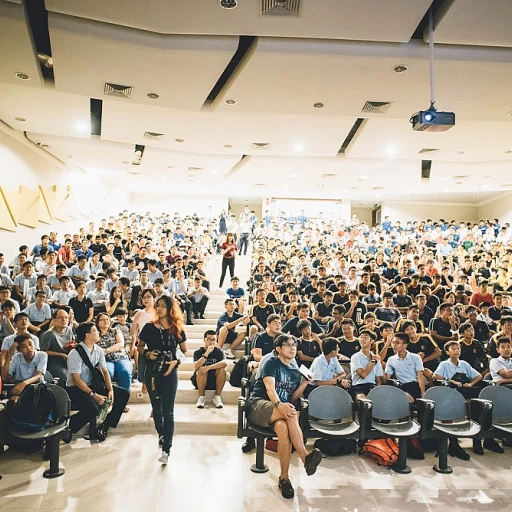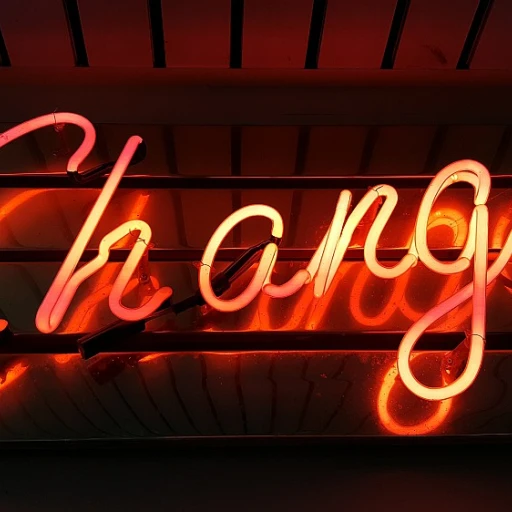
What is hr recording in job interviews
How Interview Recordings Are Used in the Workplace
In today’s workplace, recording job interviews has become increasingly common. Employers may use audio or video recordings during the hiring process to document conversations, evaluate candidates, and ensure a fair employment relationship. These recordings can include both in-person and remote interviews, such as those conducted over a phone call or video platform. The main goal is to create a reliable record of the conversation between the employer and the employee candidate.
Recording conversations at work is not just about capturing what is said. It can also help employers review how candidates respond under pressure, assess communication skills, and check for consistency in answers. In some cases, recordings are used to train hiring managers or to protect against claims of unfair dismissal or misconduct during the interview process. However, the use of recordings must comply with employment law and respect the trust and confidence expected in the employer-employee relationship.
- Recordings can be audio, video, or both
- Employers may use recordings to review candidate responses and improve hiring practices
- Recordings help document the interview process for legal and compliance reasons
- Consent is often required before recording conversations, depending on state and country laws
It’s important to know that secret recordings or covert recording of interviews without the consent of all parties can be considered gross misconduct and may violate employment law. In some regions, one-party consent is enough to legally record a conversation, while in others, all parties must agree. Secretly recorded conversations can damage trust and lead to legal issues, especially if the recording is used in a case of unfair dismissal or misconduct.
Understanding how and why interviews are recorded can help you prepare for the process and protect your rights as a candidate. For more insights into how trust and transparency are shaping HR practices, you might find this article on trust-based time off in HR job interviews helpful.
Why companies record interviews
Why Employers Choose to Record Job Interviews
Recording job interviews is becoming more common in the modern workplace. Employers and HR professionals see several benefits in recording conversations during the hiring process. Here’s why companies are increasingly choosing to record interviews:
- Accuracy and Consistency: Recordings help ensure that every candidate is evaluated fairly. By having a recorded conversation, employers can review answers and compare candidates more accurately, reducing the risk of bias or memory errors.
- Legal Protection: In case of disputes or claims of unfair dismissal, having a recorded interview can provide evidence of what was said. This can be crucial in defending against allegations of discrimination or misconduct, and it supports compliance with employment law.
- Training and Feedback: Recordings are valuable tools for training HR staff and interviewers. Reviewing recorded conversations allows teams to improve their interview techniques and ensure that all parties follow best practices.
- Transparency and Trust: When both parties consent to recording, it can help build trust and confidence in the process. It shows that the employer is committed to fairness and transparency in the employment relationship.
It’s important to note that the use of recordings in interviews is subject to legal requirements, including party consent and privacy laws. In some states or countries, all parties must agree before a conversation is recorded. Secret recordings or covert recording without consent can lead to legal issues, damage trust, and even result in claims of gross misconduct or unfair dismissal.
Employers should always inform candidates if the interview will be recorded and explain how the recording will be used. This approach not only meets legal obligations but also helps maintain a positive workplace culture and protects the trust and confidence between employer and employee.
For more insights on how to demonstrate your leadership potential during interviews, check out this guide on how to show you are management material in HR job interviews.
Your rights as a candidate during hr recording
Understanding Your Consent and Privacy Rights
When it comes to recording job interviews, your rights as a candidate are shaped by employment law and workplace policies. In many regions, the law requires that all parties involved in a conversation—whether in person or over a phone call—must give their consent before any recording takes place. This is often referred to as "two-party consent" or "all-party consent." However, some states or countries only require "one-party consent," meaning only one participant (which could be the employer) needs to agree to the recording. It is crucial to know the rules that apply in your location. Employers usually inform candidates if the interview will be recorded, but it is always within your rights to ask directly before the conversation begins. Secret recordings or covert recording of conversations at work, especially without consent, can raise serious legal and ethical concerns. In some cases, secretly recorded conversations have led to claims of gross misconduct or unfair dismissal, damaging the trust and confidence between employer and employee.- Always ask if the interview will be recorded and how the recording will be used.
- Request information about who will have access to the recording and how long it will be stored.
- Understand that you can refuse consent, but be aware this might affect your application process depending on the employer’s policy.
- If you feel uncomfortable, express your concerns respectfully. Open communication can help maintain a positive employment relationship.
How hr recording can impact your interview performance
How Being Recorded Changes the Interview Dynamic
Knowing that your job interview is being recorded can have a real impact on your performance. For many candidates, the presence of a recording device—whether it’s a camera, microphone, or even a phone call—can increase anxiety and self-consciousness. This heightened awareness may cause your heart rate to rise, making it harder to focus on the conversation and present your best self.
Trust, Confidence, and the Employment Relationship
Recording conversations in the workplace, especially during interviews, can affect the trust and confidence between an employer and a potential employee. If you are not informed about the recording or do not give your consent, it can feel like a breach of trust. In some cases, secret recordings or covert recording practices can lead to legal issues and may even be considered gross misconduct, depending on the state and the specifics of employment law.
Legal and Ethical Considerations
Consent is a key factor when it comes to recording interviews. In many regions, all parties must agree to be recorded—this is known as party consent. Secretly recorded conversations or secret recordings without the knowledge of one party can be illegal and may damage the employment relationship. If you feel uncomfortable or unsure, it’s within your rights to ask if the conversation will be recorded and how the recordings will be used. This transparency is important for both employees and employers to maintain trust and avoid potential claims of unfair dismissal or misconduct.
Performance Under the Lens
Some candidates may find that being recorded helps them stay focused and professional, while others might struggle with nerves. The knowledge that every word and gesture is being captured can lead to overthinking or hesitancy in your responses. It’s important to remember that employers are not only evaluating your answers but also how you handle pressure and adapt to the workplace environment. If you are aware of the recording and have given your consent, try to approach the interview as a regular conversation at work, rather than a test you must pass.
- Always clarify if the interview will be recorded and who will have access to the recordings.
- Understand your rights regarding consent and the use of recorded conversations in your state or country.
- Practice mock interviews with a friend or record yourself to get comfortable with the process.
Being prepared and informed can help you manage the impact of recordings on your interview performance and protect your rights as a candidate.
Tips for handling recorded interviews confidently
Approaching Recorded Interviews with Confidence
Being recorded during a job interview can feel intimidating, but with the right mindset and preparation, you can handle the situation confidently. Here are some practical tips to help you perform your best when you know the conversation is being recorded:- Understand the Purpose: Remember, recordings are often used to ensure fairness, maintain accurate records, and support compliance with employment law. This is not about catching you out, but about creating a transparent process for both the employer and employee.
- Know Your Rights: Before the interview, clarify if the conversation will be recorded. In many states and countries, consent from one or all parties is required for recording conversations. If you are unsure, ask about the company’s policy and how the recording will be used. This helps build trust and confidence in the process.
- Practice Speaking Clearly: Since recordings capture every word, focus on clear and concise answers. Avoid mumbling or speaking too quickly. Practicing common interview questions aloud can help you sound more confident and composed.
- Stay Professional: Even if you feel nervous, maintain professionalism throughout the conversation. Remember, the recording is part of your employment record and could be reviewed by other parties involved in the hiring process.
- Manage Your Nerves: It’s normal for your heart rate to increase when you know you’re being recorded. Take a few deep breaths before the interview starts. If you feel anxious, pause briefly before answering to collect your thoughts.
- Be Honest and Transparent: Avoid exaggerating or providing misleading information. Secret recordings or covert recording by either party can damage trust and confidence in the employment relationship, and may even lead to claims of gross misconduct or unfair dismissal if discovered later.
- Ask Questions: If you have concerns about how the recording will be stored or who will have access, don’t hesitate to ask. Open conversation about these topics can help you feel more at ease and demonstrate your awareness of workplace rights and responsibilities.
Common questions about hr recording answered
Frequently Asked Questions About Interview Recordings
Is it legal for an employer to record a job interview?The legality of recording conversations, including job interviews, depends on your country and sometimes your state. In many places, at least one party must consent to the recording. Some regions require all parties to give consent before any conversation is recorded. Employers should inform candidates if the interview will be recorded, but it’s always wise to ask directly if you are unsure. Do I have to give my consent for the interview to be recorded?
Consent is a key factor in workplace recordings. In most cases, employers will ask for your agreement before starting a recording. If you are uncomfortable, you can express your concerns or ask about alternatives. Refusing consent may impact the interview process, but your rights should be respected according to employment law. Can I secretly record my own job interview?
Secret recordings by employees or candidates are risky. Covert recording without the other party’s consent can breach trust and confidence, and may even be considered gross misconduct in some cases. Secretly recorded conversations could also be illegal, depending on your jurisdiction. It’s best to be transparent and seek consent from all parties involved. How are recordings used after the interview?
Employers may use recordings to review candidate responses, ensure fairness, or provide evidence in case of disputes or alleged misconduct. Recordings should be handled securely and only accessed by authorized employees. If you have concerns about how your recorded conversation will be stored or used, ask the employer for details. Can a recorded conversation be used against me in an employment case?
Recordings can sometimes be used as evidence in employment disputes, such as claims of unfair dismissal or workplace misconduct. However, the admissibility of a recorded conversation depends on whether it was obtained legally and with proper consent parties. Employment law varies, so legal advice may be needed if you are involved in a case. What should I do if I feel uncomfortable being recorded?
If your heart rate rises at the thought of being recorded, you’re not alone. You can ask questions about the purpose of the recording, how it will be used, and who will have access. If you still feel uneasy, communicate your concerns to the employer. Open conversation helps maintain trust and a positive employment relationship.
- Always clarify if the interview will be recorded.
- Understand your rights regarding consent and privacy.
- Never secretly record a conversation at work without legal advice.
- Ask how recordings will be stored and who can access them.
Remember, transparency and respect for privacy are essential for both employees and employers in the modern workplace.





